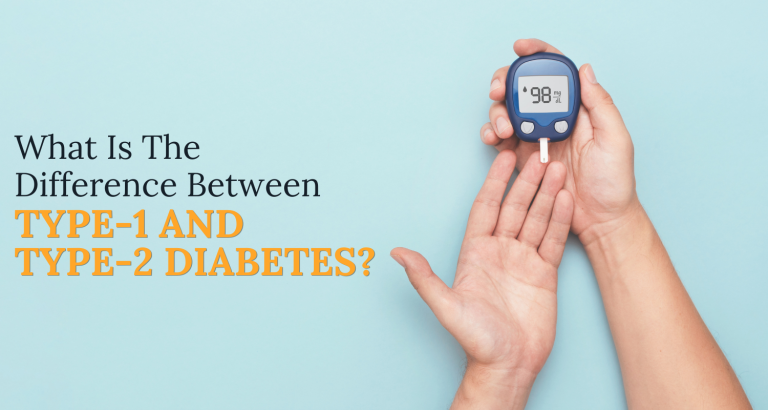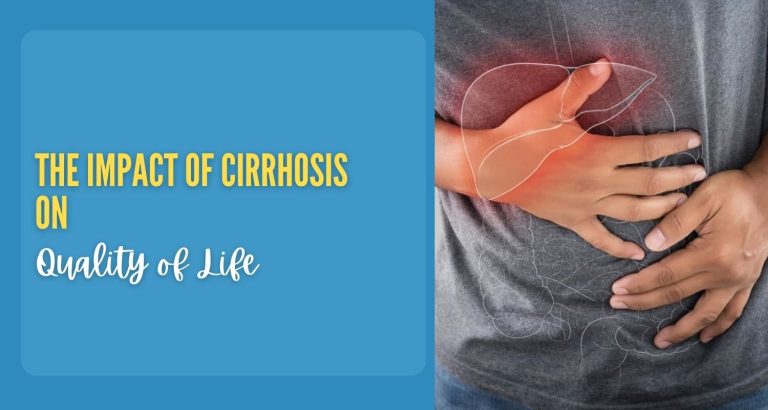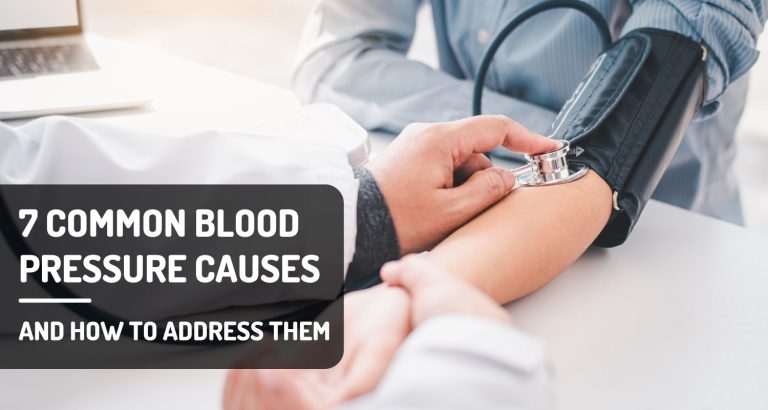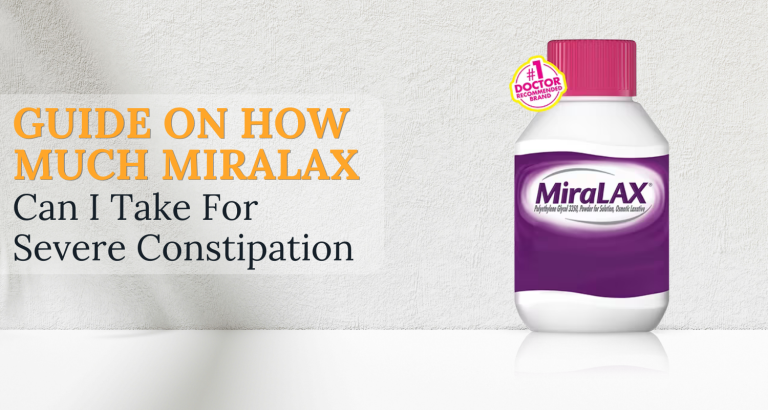List of Foods That Reduce Anxiety and Depression
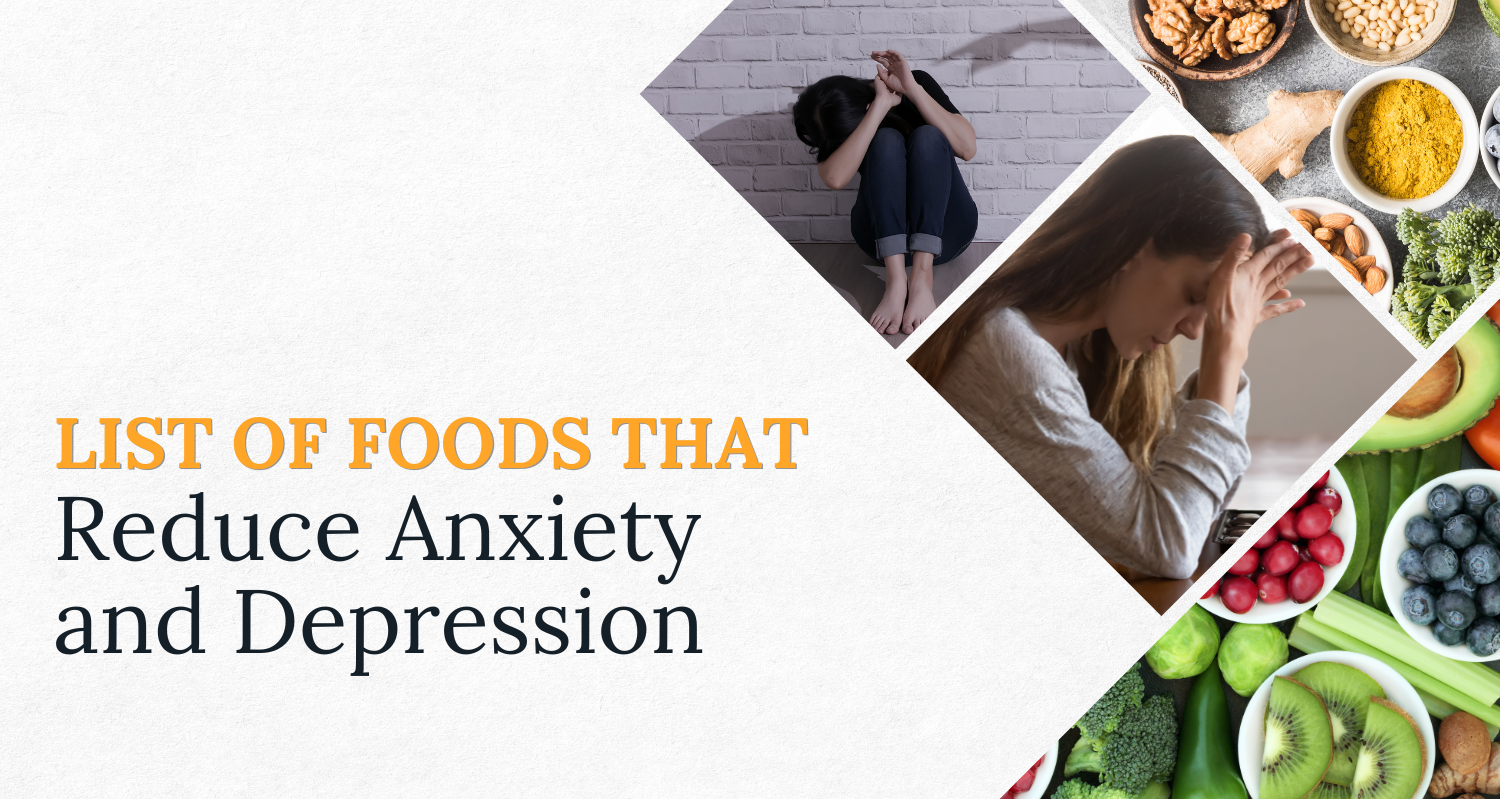
Depression is a multifaceted challenge that affects countless individuals worldwide, manifesting in various forms, such as clinical depression, bipolar disorder, postpartum depression, and general depression symptoms.
Coping with depression often leads individuals to seek comfort in food, hoping for solace and emotional relief. However, our choices in what we consume can either exacerbate or alleviate depression symptoms.
In this blog, we delve into the intricate relationship between what we eat and our emotional well-being, shedding light on foods that can play a pivotal role in our mental health.
Importance of Diet in Mental Health
The relationship between diet & mental health is an area of healthcare that is expanding quickly, uncovering significant implications for our general state of health. New research indicates that our diet can have a profound impact on both our physical & mental well-being.
Exploring Nutritional Psychiatry from a Fresh Angle
Nutritional psychiatry is an emerging field that centers around utilizing food and supplements to deliver vital nutrients as a component of mental health disorder treatment. Research has proven that consuming a diet rich in fruits, green vegetables, unprocessed cereal grains, and fish.
All of this is often referred to as the Mediterranean diet and may contribute to a reduced likelihood of experiencing symptoms of depression. These foods contain a variety of important nutrients, such as antioxidants, omega-3 fatty acids, minerals, & vitamins that play a prominent role in maintaining brain health.
The Connection Between The Gut And The Brain
The gut-brain axis further emphasizes the connection between diet and mental health. This concept involves the communication that occurs between the gastrointestinal tract & the brain and spinal cord at a biochemical level.
Unhealthy eating habits can result in inflammation and disruptions in the balance of healthy bacteria in the human digestive system, ultimately impacting cognitive function and emotional well-being.
Foods that are fermented or high in fiber can help you to elevate a healthy gut and, in turn, contribute to overall mental well-being. So, high-fiber foods are counted among the foods that reduce anxiety and depression and give you good health.
The Connection Between Food and Mood
There is a growing interest in the idea of using food to improve mood. Specific food types can cause chemical and physiological shifts in the brain, which can ultimately impact our mood and emotions.
As an illustration, the presence of complex carbohydrates in whole grains can lead to the release of serotonin, a neurotransmitter that has the ability to enhance mood and alleviate stress. However, consuming too much-processed food and sugar can negatively affect mental health.
Link Between Anxiety and Depression
Anxiety and depression, commonly seen as separate emotional states, are actually closely connected. This relationship is not just a random occurrence but an intricate combination of psychological, biological, and environmental elements.
Exploring the Various Psychological Perspectives
From a psychological perspective, anxiety and depression exhibit similar patterns of thinking. A consistent negative thinking pattern characterizes both conditions, although they manifest in distinct ways.
Anxiety is typically associated with concerns about upcoming events, while depression often encompasses a persistent feeling of sadness related to the past or present. Nevertheless, the persistent strain and concern caused by anxiety can drain a person emotionally, leading to the onset of depression.
On the other hand, the lack of energy and motivation that comes with depression can intensify feelings of anxiety. People may become anxious about their inability to complete tasks or participate in social activities.
Connections in the Natural World
From a biological standpoint, anxiety and depression are connected through neurotransmitters in the brain, specifically serotonin and dopamine. These substances play a crucial role in controlling mood and emotions.
When there are imbalances in these neurotransmitters, it can result in experiencing symptoms of both anxiety and depression. In addition, studies suggest that specific genetic factors may make individuals more likely to develop both conditions, indicating a common genetic susceptibility.
Factors in the Environment
Stressful life instances can have a significant impact on your mental health, leading to the development of anxiety and depression. Take, for example, a distressing incident that could trigger feelings of anxiety.
If the person starts to feel helpless or hopeless about their circumstances, it might progress into a state of depression. In the same way, long-lasting depression can lead to feelings of unease and concern about the future or the potential of never experiencing a sense of normalcy again.
Foods to Avoid
When it comes to managing depression and its associated symptoms, making mindful dietary choices is paramount. Certain foods, when consumed in excess, can exacerbate depression and hinder one’s overall mental well-being. So, before we get to know about foods that reduce anxiety and depression, we need to know about the foods that should be avoided.
To manage depression and anxiety symptoms effectively, it’s crucial to make informed choices about what you eat. Here are some foods you should avoid:
Caffeine and Sugary Foods
While it may be challenging for some to eliminate caffeine entirely, moderation is key, especially when dealing with depression-like symptoms. Caffeine can disrupt your sleep patterns & increase anxiety, both of which can intensify depression.[1]
If you’re consuming more than 400 milligrams of caffeine daily (equivalent to four cups of brewed coffee), it’s advisable to cut back. Refined sugar is another culprit to watch out for. While it may provide a temporary energy boost, the inevitable blood sugar spike can leave you feeling even lower.
Alcohol and Illegal Drugs
While experiencing depression, it can be tempting to turn to alcohol or other substances. However, these substances typically worsen the situation. Alcohol and drugs disrupt sleep cycles, cause mood swings, and increase anxiety.
They can also interfere with the effectiveness of prescription medications. If you find it challenging to abstain from these substances, seeking help from a medical professional or a support program is essential.
Fruit Juices
Simply consuming juices does not guarantee that you have fully absorbed the beneficial properties of the fruit. Drinking juices can lead to an increase in blood sugar levels since they lack fiber.
To achieve potent results, it is recommended to consume whole fruit rather than juice. Avoid packaged juices and beverages. This can leave you feeling tired and drained, in addition to causing more frequent shifts in mood.
Processed and Deep Fried Food
Processed food can have negative effects on both your heart and overall health. Additionally, it has been linked to increased anxiety as well as symptoms of depression.
Processed and deep-fried food can have a significant sodium content, which may lead to interruptions in the neurological system. Make sure to include foods in your nutritious diet that can help combat fatigue.
Foods that Might Help Fight Depression & Anxiety
Turning to a diet that includes foods with potential mood-enhancing benefits can be a proactive step in managing depression. These foods are rich in nutrients that may help alleviate symptoms and promote emotional well-being.
Here’s a closer look at the foods that reduce anxiety and depression:
‘Good’ Carbs to Boost Mood
Carbohydrates tend to get a bad reputation, but not all carbs are created equal. Consuming the correct type of carbohydrates can have a positive impact on your mood.
Carbohydrates usually stimulate the release of serotonin, a neurotransmitter known for its mood-lifting properties. Instead of avoiding carbs altogether, consider incorporating healthier options into your diet, as they are among the best foods for depression:
- Whole-grain breads and pasta: These are rich in complex carbohydrates and provide a steady energy source without the blood sugar spikes & crashes associated with refined grains.
- Fresh Fruits and vegetables: These items are rich in vitamins and minerals and contain healthy carbohydrates. These food items tend to provide essential nutrients and fiber, promoting overall well-being and are listed among foods good for depression.
- Foods high in fiber: Fiber-rich foods, such as legumes, oats, and brown rice, not only stabilize blood sugar levels but also support digestive health.
Omega-3 Fatty Acids
Omega-3 fatty acids are considered essential fats that are not naturally produced by the body but are crucial for optimal functioning.[2] These fats have garnered attention for their potential role in managing depression symptoms and improving overall brain health.
The best foods for anxiety and depression that are rich in omega-3s include:
- Fatty fish: Salmon, mackerel, trout, and sardines are excellent sources of omega-3 fatty acids. They offer both eicosapentaenoic acid (EPA) and docosahexaenoic acid (DHA), which have been linked to improved mood and reduced symptoms of depression.
- Nuts: Certain nuts, particularly walnuts, are packed with omega-3s and are the best foods for anxiety. They make for a convenient and nutritious snack option.
- Plant-based sources: If you follow a vegetarian or vegan diet, you could still obtain omega-3s from flaxseed oil, flaxseeds, chia seeds, and hemp seeds.
- Dark-green leafy vegetables: Foods like spinach and kale offer myriad health benefits, including a source of alpha-linolenic acid (ALA), a type of omega-3.
Vitamin D
Vitamin D is often termed the “sunshine vitamin” because the human body is able to produce it when exposed to sunlight. However, many individuals, particularly those in regions with limited sunlight or those who spend little time outdoors, may have insufficient levels of this essential vitamin.
Several studies have shown a connection between low vitamin D levels & an increased risk of depression-related symptoms.[3] Incorporating vitamin D-rich items is beneficial and listed among the foods that reduce anxiety and depression. These include:
- Fatty fish: Once again, fatty fish like salmon, mackerel, and trout come to the rescue, providing not only omega-3s but also vitamin D.
- Tofu: A versatile plant-based protein, tofu is often fortified with vitamin D and listed among the foods that reduce anxiety, making it a valuable addition to vegetarian and vegan diets.
- Milk: Many types of milk, including cow’s milk and fortified plant-based alternatives like almond and soy milk, contain added vitamin D.
Selenium
Selenium is considered an essential mineral that plays a vital role in various bodily interactions, including metabolism and thyroid health. While its precise connection to depression is still being researched, some studies have suggested that selenium deficiency might even be linked to an increased risk of depressive symptoms. [4]
It’s worth noting that selenium intake should be approached with caution, as excessive levels can be toxic. To incorporate selenium into your well-balanced diet safely, consider these sources:
- Nuts: Brazil nuts are exceptionally rich in selenium. Just a few nuts a day can provide your recommended daily intake.
- Whole grains: Whole grain items like brown rice, oats, and whole wheat bread contain moderate amounts of selenium.
- Beans: Legumes, such as lentils & and chickpeas, are a good source of protein and provide selenium in a balanced diet.
- Seafood: Fish and shellfish, like tuna, halibut, and shrimp, can contribute to your selenium intake.
- Lean meats: Lean cuts of meat, such as chicken and turkey, offer selenium and protein.
When incorporated into a balanced healthy diet, these foods can contribute to an improved mood and potentially help manage depression symptoms. However, it’s important to emphasize that diet should be considered one part of a comprehensive approach to mental health.
The Holistic Approach to Depression Management
Maintaining a balanced, healthy diet not only benefits your physical health but can also profoundly impact your mood and overall well-being. When dealing with depression, whether it’s clinical depression, bipolar disorder, or postpartum depression, dietary sources should be viewed as one facet of holistic management.
It’s important to keep in mind that dietary modifications should be used in addition to other treatments, such as counseling and medication, when recommended by a medical practitioner.
A holistic approach focuses on all aspects of your life, from diet and exercise to social support and self-care, can help you better manage depression symptoms and move toward a brighter, more hopeful future.[5]
Conclusion
The foods you consume daily can significantly influence your mental health, and making mindful choices can be a powerful tool in managing depression symptoms.
By avoiding certain foods and foods that reduce anxiety and depression, you can take proactive steps toward improving your well-being. Always consult a healthcare professional for personalized guidance and support on your journey to better mental health.
Foods That Reduce Anxiety and Depression – Frequently Asked Questions (FAQs)
Can a Strict Diet Cause Depression?
Those who have experienced a strict diet understand the challenges of resisting tempting foods and managing hunger. Scientists suggest that being mindful of how you’re feeling is important when cutting calories, as dieting may potentially increase the risk of depression.
What Is a Depression Meal?
A depression meal typically refers to a meal that is quickly assembled when cooking becomes challenging due to one’s mental health condition. Occasionally, their methods may seem unconventional, but the overall point remains consistent: consuming something rather than nothing at all is preferable.
What Foods Are Good for Mental Health?
Eat many vegetables, fruits, and meals high in omega-3 fatty acids, like salmon, to support your mental wellness. Particularly, dark, leafy green veggies protect the brain. Legumes like beans, lentils, nuts, and seeds are also among the healthy foods that reduce anxiety and depression.
Are Bananas Good for Mental Health?
Besides being a delightful and practical snack, bananas are also an antidepressant. This is due to the fruit’s serotonin content, a neurotransmitter regulating mood and everyday activities. The majority of antidepressants increase the brain’s serotonin levels.
What Is the Best Breakfast for Anxiety?
It is believed that carbohydrates raise serotonin levels in the brain, which calms the body. Consume whole grains, quinoa, oats, whole-grain breads, and whole-grain cereals—foods high in complex carbs.
How to Do the 7-Day Mental Diet?
Take a look at the 7-day mental diet: dedicate a week to developing a new way of thinking, and during that time, disregard everything else in life. Never, ever let yourself spend a minute thinking about anything bad. Remain upbeat, productive, hopeful, and kind.
Does Hot Food Help Anxiety?
According to one idea, eating spicy food might produce endorphins, which are feel-good and euphoric chemicals in the brain. Anxiety may be lessened by the body’s and mind’s positive effects from this endorphin release.
References
- Lara, Diogo R. “Caffeine, mental health, and psychiatric disorders.” Journal of Alzheimer’s disease 20.s1 (2010): S239-S248.
- Osher Y, Belmaker RH. Omega-3 fatty acids in depression: a review of three studies. CNS Neurosci Ther. 2009 Summer;15(2):128-33.
- Penckofer S, Kouba J, Byrn M, Estwing Ferrans C. Vitamin D and depression: where is all the sunshine? Issues Ment Health Nurs. 2010 Jun;31(6):385-93.
- Pasco JA, Jacka FN, Williams LJ, Evans-Cleverdon M, Brennan SL, Kotowicz MA, Nicholson GC, Ball MJ, Berk M. Dietary selenium and major depression: a nested case-control study. Complement Ther Med. 2012 Jun;20(3):119-23.
- Huang, Qingyi, Huan Liu, Katsuhiko Suzuki, Sihui Ma, and Chunhong Liu. 2019. “Linking What We Eat to Our Mood: A Review of Diet, Dietary Antioxidants, and Depression” Antioxidants 8, no. 9: 376.
Disclaimer: This content, including advice, provides generic information only. It is not a substitute for a qualified medical opinion. Always consult a specialist or your own doctor for more information. Ingredient Fact does not claim responsibility for this information.


